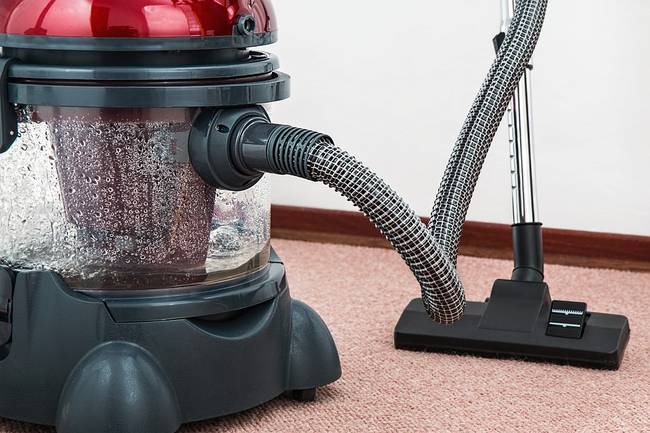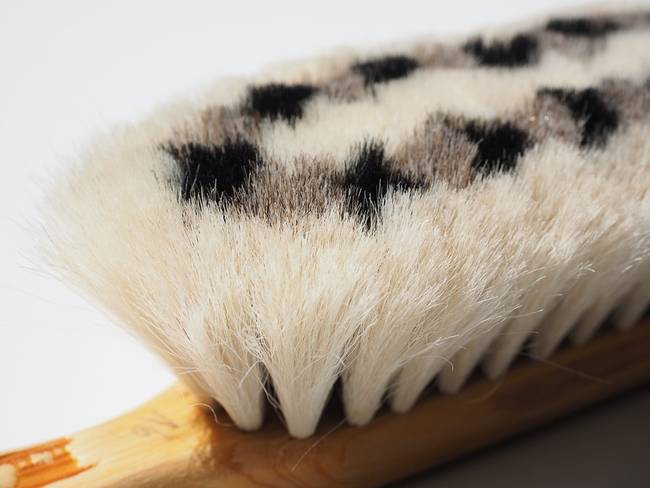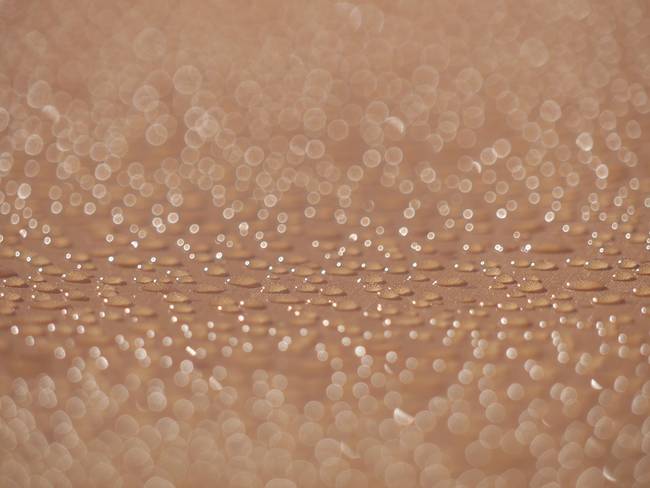A happy home and good health are some of the basics of what you can hope to keep in life. However, sometimes, those two goals come in opposition. In particular, your come could very well be what stands in the way of a clean bill of health. Dust, mold, allergens can all find a home in yours, so here is how you combat them.

Follow the airflow
Most the harmful influences in the home are carried on the air. That is what generally might be called the ‘air quality’. Maintaining good air quality is all about improving the circulation of the home. However, that does not mean opening the window and letting all the allergens from the outside coming in whenever they can. The best way to get fresh air around the home is to create a home that better circulates it. Caring for air conditioners, cleaning them and dehumidifying them, and clearing the dust from ventilation grates can make the airflow a lot smoother through the home.

Do not keep dust bunnies
How hard the airflow circulation in the home works all depends on what is also inside the home. You should be aware of the dust that tends to gather when buying new fixtures and fittings. In the attic, isotherm ceiling insulation is free of allergens and dust compared to other varieties. In your bedroom, you might care to use blinds instead of thick curtains for the window. Try to choose the additions that are least likely to introduce more dust into the home.

Be a careful cleaner
Not all harmful substances in the air come from outside contamination, either. We willfully introduce plenty in the home. Many household cleaning products expose us to chemicals, irritants that can cause liver and kidney damage, make the skin and eyes sensitive, and even contain carcinogens. It is not difficult at all to keep your own supply of natural cleaning products. As a standard surface cleaner, for instance, vinegar and lemon juice can work wonders.

Cut and dry
Perhaps even more dangerous for your health than dust and allergens are the conditions that damp and mold like to thrive in. Hot, humid, moist air causes these to thrive, especially in the air conditioner that can lead to legionnaire’s disease. Your home should be well supplied in dehumidifiers that help you keep it dry and fresh.
With a little help from a friend
There are also additions you can make to the home that can help clean the air for you. This is just another reason to find a friend in a houseplant or two throughout the home. The most effective houseplants for cleaner air include low maintenance options like spider plants that clean the air of pollutants like formaldehyde and xylene. Keeping a few plants does not mean you can ignore the risks mentioned above, but it can make you at least somewhat safer after you have implemented the fixes.
If you want your home to be healthy for you and all your family, especially those susceptible to allergies and pulmonary conditions, you have to work at it regularly. Hopefully, the tips above help you do that.


